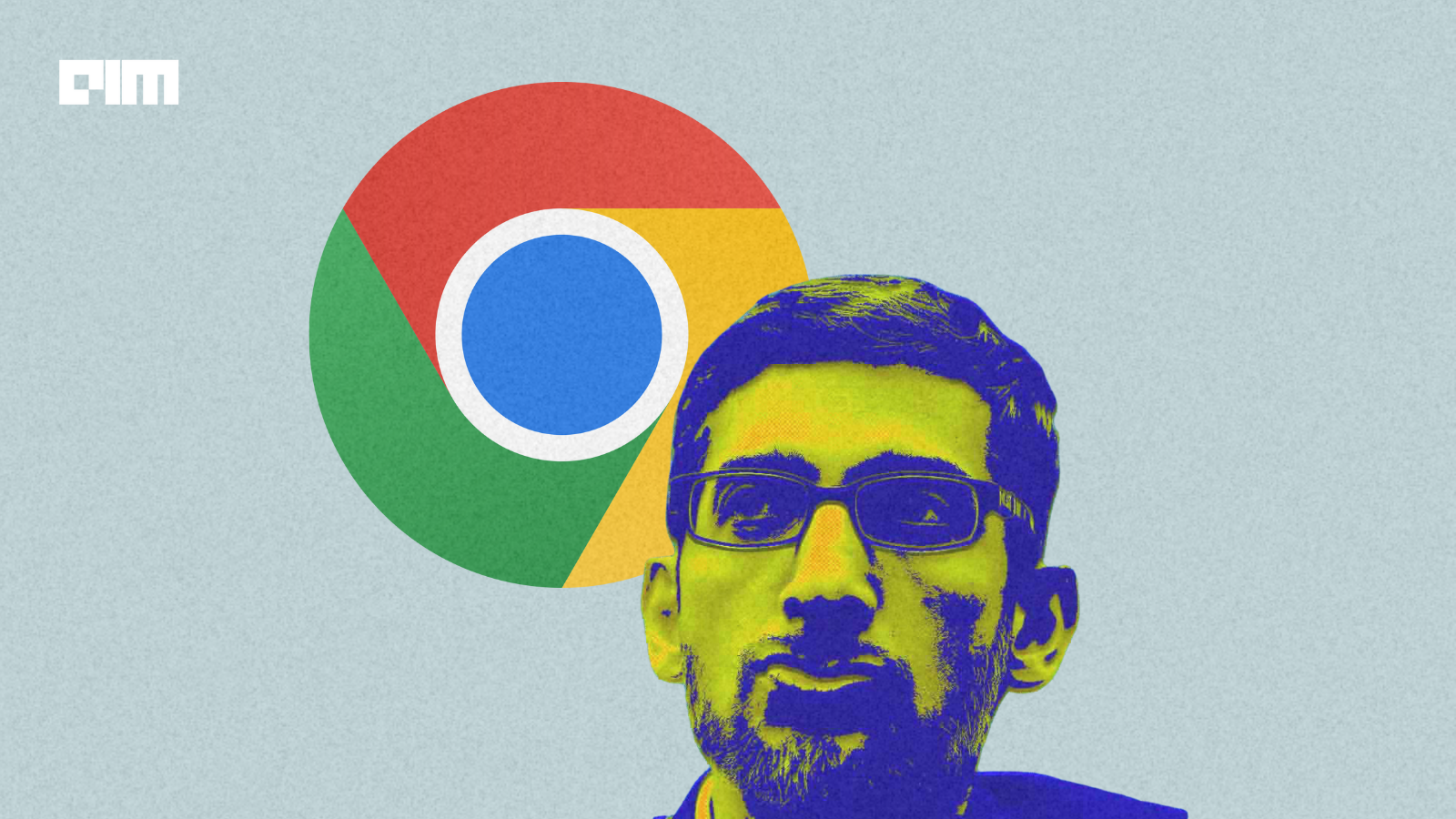A federal judge has ruled that Google will not be forced to sell off its Chrome browser, one of the most widely used pieces of software in the world. The decision spares the company from the most severe remedy sought in a landmark antitrust case, but it imposes new obligations that could affect competition in online search and AI.
Judge Amit Mehta’s order means Chrome remains in Google’s hands, even after the court found last year that the company illegally maintained a monopoly over online search. Prosecutors had asked that Chrome be spun off and Google banned from the browser market for five years.
Read: New AI Browsers Want to Replace Chrome. It Won’t Be Easy
Mehta labeled Google a “monopolist,” but called the government’s remedy demands excessive. In his court order, he stated: “Plaintiffs over-reached in seeking forced divesture of these key assets, which Google did not use to effect any illegal restraints.. Instead, his 230-page ruling prohibits Google from entering exclusive distribution deals for Chrome, Search, Google Assistant, or Gemini, and requires the company to share parts of its search data with competitors.
The ruling cuts into what has long been Google’s greatest advantage: the scale of its data. For years, the company’s dominance has rested not only on its ability to distribute search through Android, Chrome, and Apple’s Safari browser, but also on the trove of information generated by billions of daily queries. That data fuels the algorithms that make Google Search more effective and, increasingly, underpins its Gemini AI system. The court is forcing Google to open parts of that dataset to rivals.
That change is especially significant because firms such as Microsoft, OpenAI, and Perplexity depend on access to reliable search data to train and refine their own AI-powered services. Google’s index and user-interaction data provide a foundation competitors cannot replicate on their own.
Keeping Chrome intact is nonetheless a relief for Google. The browser has more than three billion monthly active users and remains one of the company’s strongest distribution channels. Default placement in Chrome and Android ensures that search traffic flows back into Google’s ecosystem. Chrome also serves as a live feedback engine, capturing the signals that refine both search and advertising models. Losing it would have meant a rupture in Google’s data pipeline.
Even with Chrome secured, the restrictions on exclusive contracts changes things. Google can no longer require device makers to block competing search or AI assistants in exchange for payments. That means phone makers could preload alternatives like ChatGPT or Perplexity’s Comet browser without risking access to Google services. Even if Google keeps paying Apple billions for default status, as it did in 2021 when those payments topped $26 billion, the deals can no longer guarantee exclusivity.
This opens a window for rivals. OpenAI launched its own search service in 2024, but distribution has been a barrier. Perplexity built the Comet browser as a direct response to Chrome’s refusal to integrate it as a default option. The company even made an offer to buy Chrome outright earlier this year: an unlikely prospect, but a signal of how central control of a browser is to the AI race. With Chrome off the auction block but defaults loosened, rivals will test whether they can secure partnerships that expose their AI search tools to mass audiences. Microsoft’s Bing, powered by OpenAI models, and Apple’s rumored collaborations with AI firms also stand to benefit.
The Chrome ruling is only one front in Google’s regulatory battles. Earlier this year, a judge also ruled that the company illegally monopolized online advertising technology. Remedies in that case are still pending. Together, the cases represent the most significant antitrust challenge to a U.S. tech giant since the breakup of AT&T in the 1980s. Google maintains that its dominance comes from providing a superior product, not anticompetitive conduct. But prosecutors demonstrated that its 90% U.S. search market share was bolstered by multibillion-dollar payments to secure default status on devices.
Whether rivals can turn this opening into meaningful competition depends largely on whether regulators enforce data access in ways that actually give smaller firms a chance. For now, Google has avoided its worst case scenario.










